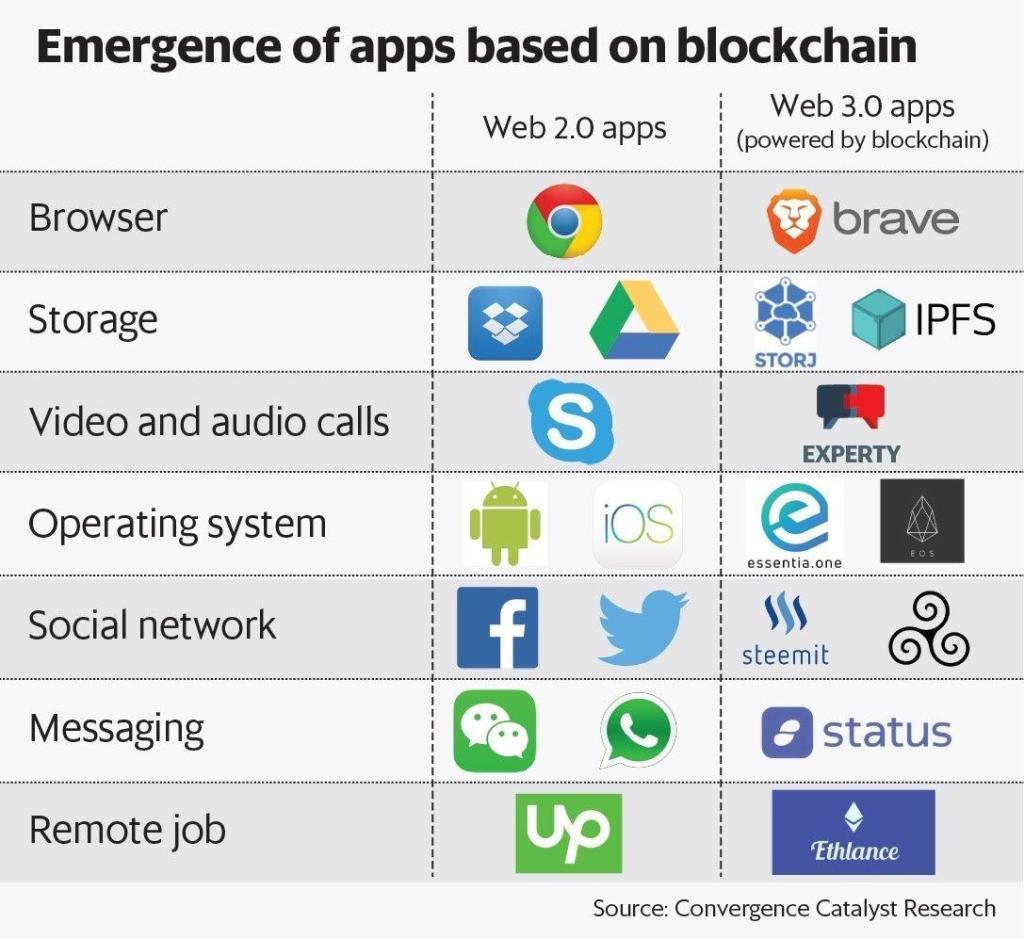What's Your Wealth Strategy? (And Why You Need One Now)
Kane McGukin | March 25 2025
Many high-income professionals and business owners work hard, earn well, and build impressive balance sheets—but when asked about their long-term wealth strategy, they often pause.
If you’re managing equity comp, taxes, family priorities, and investment accounts spread across multiple institutions, you’re not alone. Wealth doesn’t come with a user manual—and without a strategy, you may be unintentionally building complexity rather than clarity.
At Arkos, we help clients bring purpose, structure, and simplicity to their financial life through a clear, intentional strategy.
What Is a Wealth Strategy?
A wealth strategy is more than an investment plan—it’s a comprehensive, values-based blueprint that helps you:
-
Align your financial decisions with your personal and professional goals
-
Optimize for tax efficiency
-
Manage equity compensation wisely
-
Reduce emotional decision-making
-
Design a legacy that reflects your values
It answers the questions:
🧭 Where am I going?
📊 What’s the most efficient way to get there?
⚙️ What systems can I set up so my wealth works for me?
From Fragmentation to Integration
Without a strategy, most people operate in reaction mode:
-
Buying insurance based on sales pitches
-
Selling RSUs because they vested, not because it’s optimal
-
Donating without a giving plan
-
Rebalancing only when markets shake them up
We believe integration is key. When your taxes, investments, cash flow, risk management, giving, and estate plan talk to each other, the results are exponential.
Why Waiting Costs More Than You Think
We often meet clients earning $400K–$1M+ who are saving aggressively—but leaking opportunity. For example:
-
Unplanned RSU sales can create 6-figure tax bills
-
Inadequate liquidity can force poor timing on business decisions
-
Over-diversified investment accounts across 4+ institutions create overlap, fees, and confusion
Wealth without clarity = stress.
Wealth with strategy = freedom.
Your Wealth Strategy Should Reflect Your Personality
At Arkos, we begin with a financial personality assessment that determines your “wealth language.” Some people crave security. Others value flexibility. Others want maximum tax efficiency.
[Take Wealth Languages Assessment]
Knowing your wealth personality is key to building a plan you’ll stick with.
4 Pillars of a Great Wealth Strategy
-
Cash Flow & Capital Allocation
Every dollar should have a job—automated, aligned, and easy to track. We help clients segment cash flow between giving, investing, saving, and spending without friction. -
Investment Framework
Passive or active? Growth or income? A great strategy removes guesswork by defining your investment role in your broader goals. -
Tax Optimization
We help you take control of timing—especially around RSUs, options, and charitable giving. Our clients often save tens of thousands per year in taxes with better structuring. -
Legacy & Impact Planning
Who do you want your wealth to serve? A good strategy includes generational thinking—estate planning, gifting, and teaching the next generation.
It’s Not Just About Money—It’s About Purpose
At Arkos, we believe financial peace is possible when your money is aligned with what matters most to you.
Whether it’s supporting your family, building a business, giving generously, or preparing for an exit—you deserve a plan that reflects your goals, not just your net worth.
Ready to Build Your Strategy?
We’ve created a free checklist: 5 Key Financial Decisions High-Income Professionals Make to Streamline Their Financial Lives.
It’s a quick read that could lead to major shifts in how you manage complexity.
Want personalized help? Book a 15-minute clarity call:
📞 [Schedule My Strategy Call]
Let’s turn your equity into intentional wealth.
Disclaimer: Our intent in providing this material is purely for informational purposes, as of the date hereof, and may be subject to change without notice. This article does not intend to constitute accounting, legal, tax, or other professional advice. Visitors and readers should not act upon the content or information found here without first seeking appropriate advice from a trusted accountant, financial planner, lawyer or other professional.
Join us:







